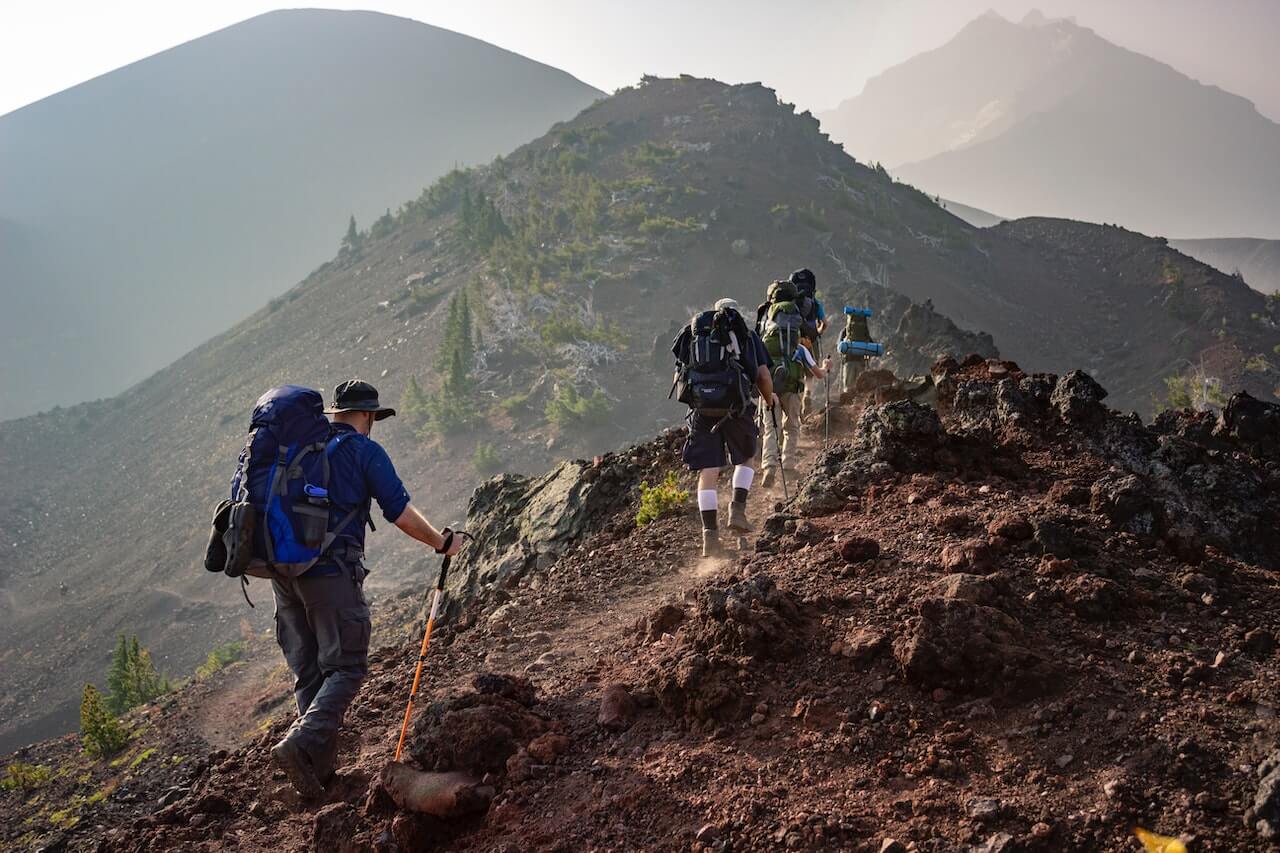
Going on a week-long expedition can be one of the most thrilling and rewarding experiences, but it’s not without its unique challenges. From deciding which gear to bring to being mentally and physically prepared for whatever comes your way, failure to properly prepare could lead to an unsuccessful journey. If you’re planning an upcoming expedition, here is a guide to help you prepare for this awesome adventure so you can make the most of it.
1. Gather the Right Gear and Equipment
Clothing is one of the most important elements in expedition preparation. Make sure you have enough layers and the right waterproof materials to keep warm and dry in any weather conditions. To save space, avoid extra baggage. Pick items that are light and easy to carry.
In addition to clothing, bring along a first aid kit with all the necessary medications and supplies for dealing with minor injuries and illnesses and an emergency supply kit for more serious situations such as a broken tent pole or lost gear. Don’t forget essential items like flashlights, maps, GPS units, compasses, and a knife for basic survival needs.
2. Invest in a Good Backpack
Your backpack is your most valuable tool during an expedition, and choosing one that fits your needs is important. Look for a bag with adjustable straps, plenty of pockets and compartments for organizing supplies, and ample space to store your items. If the journey involves a lot of walking, look for one with good padding to help reduce strain on your back and shoulders.
When choosing a backpack, you can also consider military backpacks, as these are made with durability and portability in mind. They can also withstand harsh weather conditions and usually come equipped with pockets and compartments to organize your supplies.
3. Prepare Your Body for the Journey
It’s important to make sure you’re physically prepared for a week-long expedition since you may be spending long hours on the trail. Take some time to build your endurance with regular physical activity such as running, swimming, or cycling. If you’re planning on hiking up steep terrain, practice walking and carrying a pack around your local park to get used to the weight.
To avoid eating unhealthy food during the trip, prepare nutrient-rich snacks like trail mix, dried fruit, and energy bars that can easily fit in your backpack. And make sure to hydrate yourself properly by drinking lots of water throughout the day.
4. Mentally Prepare Yourself
A week-long expedition can be mentally taxing – from staying alert for potential dangers to navigating unfamiliar territory and managing unexpected obstacles. To help you stay focused during these situations. Practice mindfulness techniques such as deep breathing or guided meditation and visualize yourself having a successful and enjoyable trip.
When you’re out on the trail, remember to stay positive, grounded, and confident in your abilities regardless of what comes your way. This will help you remain calm under pressure and make better decisions during challenging times.
5. Plan Your Meals
Knowing what you’ll eat during your week-long expedition can help you stay energized and focused on the task. Pack enough snacks for in-between meals to keep your energy levels high, as well as freeze-dried pre-prepared meals that are easy to cook over a campfire or stove.
To save time and effort when cooking. Plan one-pot meals like chili, curry, or soup that require little prep and just a few simple ingredients. And if possible, bring along some fresh produce. Such as fruits and vegetables, to ensure you get all the vitamins and minerals needed for optimal health during the trip.
6. Research Your Destination
Before heading out on your expedition, take some time to research the terrain you’ll be traversing. Knowing what type of wildlife and plants to expect can help you prepare for potential hazards. Additionally, familiarize yourself with local laws and regulations to ensure you don’t violate them during your travels.
You should also plan a backup route if the original becomes impassable due to bad weather or unexpected obstacles. This will give you peace of mind while on the trail and help prevent unwanted surprises during your journey. Lastly, it is also important to leave detailed information about your trip with a trusted friend or family member in case of an emergency.
Bottom Line
By investing some time in preparation, you can ensure that your week-long expedition is a rewarding and enjoyable experience. Choose the right gear to suit your needs, practice physical and mental exercises to stay focused, pack nutrient-rich foods for nourishment and research the terrain before setting out. With proper planning, nothing is stopping you from having an amazing adventure.